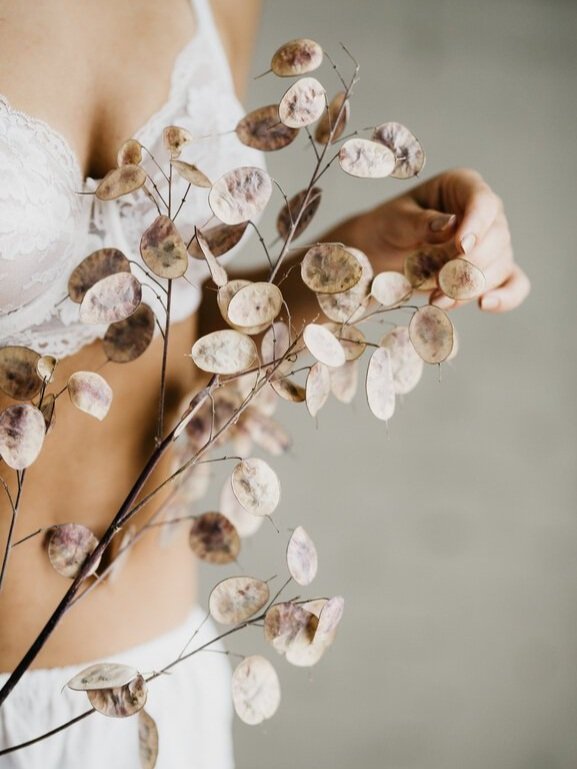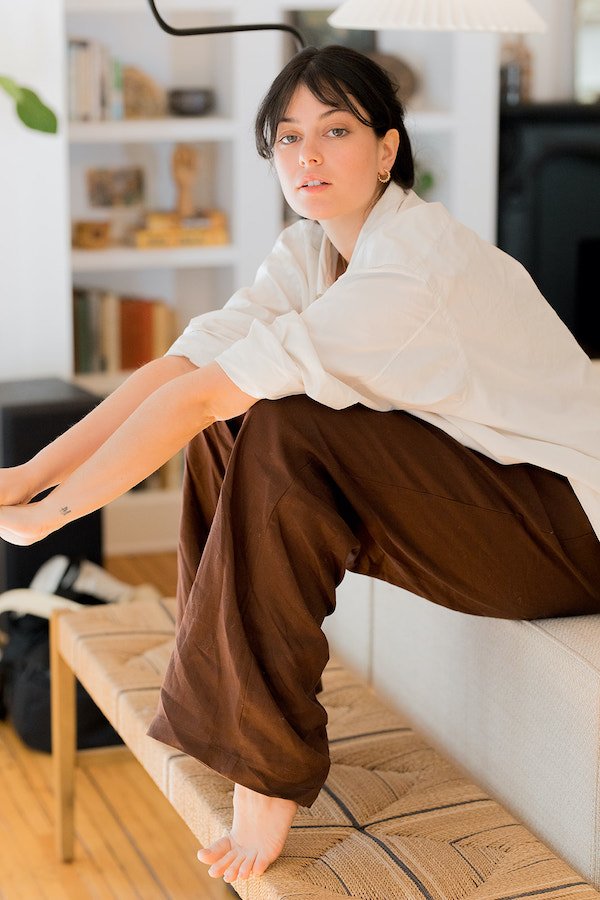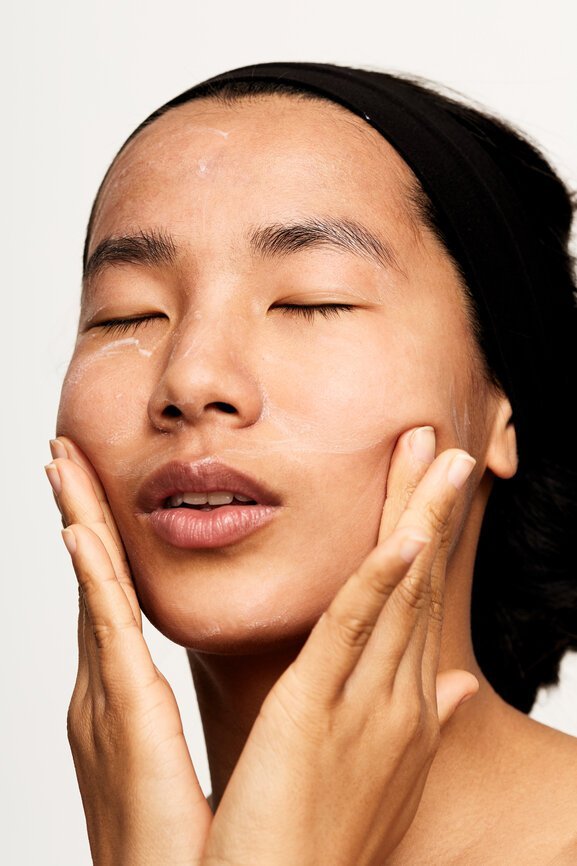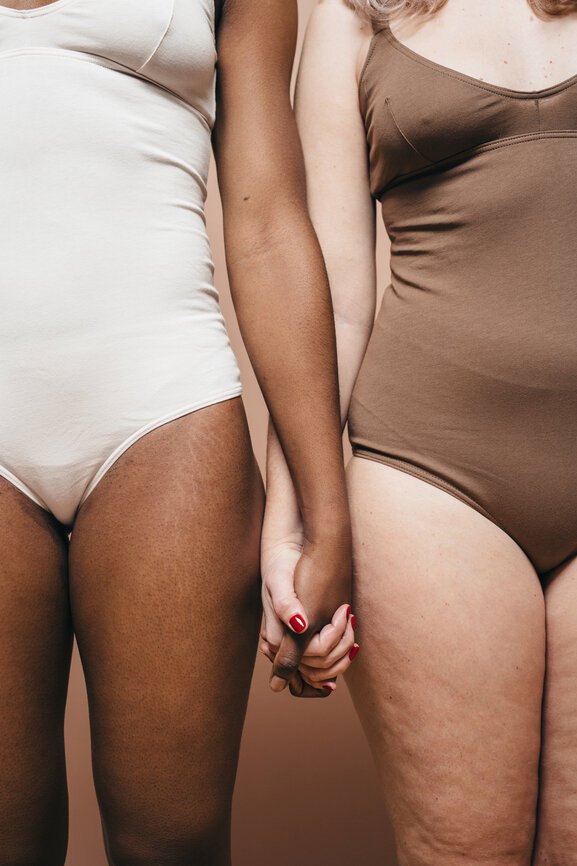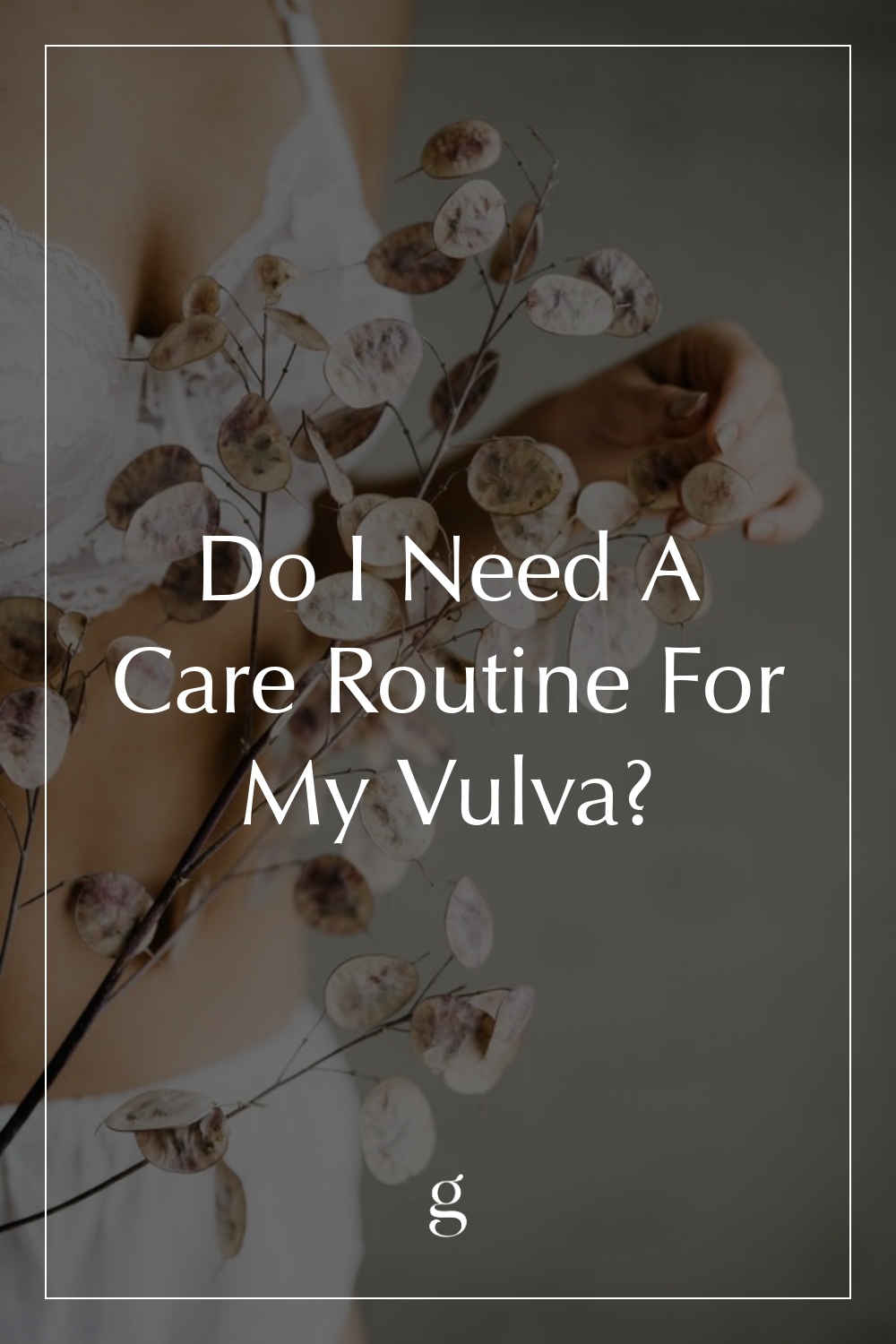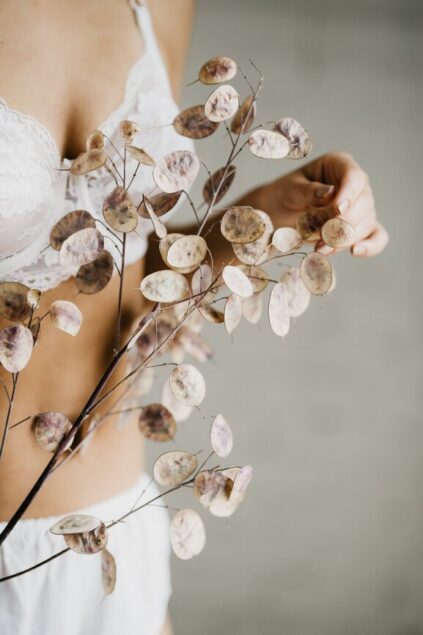
Do I Need A Care Routine For My Vulva?
Love Her & Let Her Be
Our vulvas deserve attention, just like everywhere else on our bodies. But how much love and care do they actually need for optimal wellness? With many companies touting special products that promise to cleanse, freshen, and even remove odor, it can seem like we should be doing more for ourselves downstairs. This has us wondering, what do our vulvas actually need?
“The only time we should be concerned is if it’s abnormal or accompanied by additional symptoms.”
To better understand what a healthy vulva looks like and how we can support its overall wellness, we consulted Dr. Jennifer Lincoln, an OB Hospitalist, lactation consultant, and medical writer. Dr. Lincoln is notably passionate about approachable and empowering health care, and she’s most recently grown to fame for her TikTok channel, where she educates more than one million followers.
“A healthy vulva is one that doesn’t have a whole lot ‘done’ to it,” says the Portland-based OB/GYN.
Dr. Lincoln emphasizes that vulvas come in all shapes, colors, and sizes, so there isn’t a standard for how they look or how they smell. Vulvas have “a light scent because vaginas and vulvas smell like vaginas and vulvas, not roses,” she says. This odor is entirely normal, despite brands selling douches and scent-masking products to try and make us feel otherwise (yes, even in 2022). Our scent comes from a combination of natural and healthy bacterias. The only time we should be concerned is if the odor is abnormal or accompanied by additional symptoms, like burning and irritation. These could be signs of an infection.
In general, Dr. Lincoln recommends we see our doctor whenever we have questions about our vulvas, especially related to lumps, rashes, or irregular discharge. “We’d rather see you and make an accurate diagnosis than having you self-diagnose and treat at home,” she says. “Basically, anything that is worrying you about down there, we’d love to see you and help get to the bottom of [it].”
“Leave her alone to do her own thing, since vulvas and vaginas are pretty good at balancing themselves!”
This is in addition to our annual wellness exams, which Dr. Lincoln encourages everyone to keep up with, even amidst COVID. In a recent news interview, she reminds viewers that doctors’ offices are open for general appointments and annual screenings.
Besides some basic hygiene practices to prevent infections and irritations (noted below), there isn’t much more to vulva care. As Dr. Lincoln says, we can “leave her alone to do her own thing, since vulvas and vaginas are pretty good at balancing themselves!”
How to Love and Care For Your Vulva
1. When it comes to underwear, cotton is best—though not necessary.
Cotton is a great choice for underwear because it’s breathable and lowers the risk of harmful bacteria and moisture being trapped. According to Dr. Lincoln, if other materials don’t irritate your skin, those are great too. Just make sure to change underwear after exercising. Here are our favorite inclusive and sustainable underwear brands.
2. Use natural soaps for cleansing.
“The best products to use for cleaning the vulva are natural, dye-free, and fragrance-free.”
In a TikTok video, Dr. Lincoln explains the best products to use for cleaning the vulva are natural, dye-free, and fragrance-free (Dr. Bronner’s is a great option). Fragrances and chemicals kill off bacteria and may cause allergic reactions, and some feminine hygiene products can even lead to infections like Bacterial Vaginosis.
Soap and water on the outside of the vulva (no need to clean inside) are all you need for basic hygiene. Say no to douches, scented products, and vaginal wipes.
3. Use clean tools and caution when grooming pubic hair.
Less is more when it comes to cleaning and grooming, says Dr. Lincoln. “Pubic hair has a purpose, and removal actually increases your risk of sexually transmitted infections.” We can also ask ourselves why we’re shaving and for whom. There’s a complicated history when it comes to body hair and how we feel about it—so any shame we feel about letting our body hair grow is worth exploring.
“Pubic hair has a purpose.”
For those of us who choose to remove hair, it’s essential to use clean scissors for trimming and basic hygiene when shaving to prevent injuries or infections. If you experience ingrown hairs, don’t dig them out, but use a warm cloth and pressure to encourage the hair to the surface.
4. Practice basic hygiene when handling menstrual products.
When menstruating, we can practice basic hygiene (like hand-washing) when changing our tampons, pads, or menstrual cups. When using a cup, clean it with natural soap between uses and store in a pouch when not menstruating. If you prefer tampons or pads, replace every few hours or per the brand’s/your doctor’s instructions to avoid leakage and potential infections.
5. Clean your sex products and use natural lubricants.
To clean sex toys, warm water and natural soap will do. Of course, read the instructions for your specific toy, as you may need to remove batteries or avoid submersion. Just remember that bacteria can quickly spread on sex toys, so it’s essential to clean them after use, and before sharing with a partner. Here’s a list of our favorite sex toys and feminist sex stores to support when buying products.
When it comes to lube, Dr. Lincoln recommends natural and paraben-free products. To reiterate, avoid fragrances, flavors, and dyes as these can cause irritations. For natural and nontoxic lubes, try these brands.
6. Practice self-acceptance and admiration.
“One of the best ways we can love and care for our vulva is by cultivating self-acceptance and appreciation.”
One of the best ways we can love and care for our vulva? By acknowledging it as an important and beautiful part of our body. As the vulva has a long history of being shamed and nicknamed, we can practice care by cultivating self-acceptance and appreciation. There is nothing to be ashamed of when it comes to our vulva.
So whether through using anatomically correct language, looking at our vulva for the first time, or trying mindful self-pleasure, may we love her and let her be.
How do you show care and compassion for your vulva? Share in the comments below!
Kayti Christian (she/her) is a Senior Editor at The Good Trade. She has a Master’s in Nonfiction Writing from the University of London and is the creator of Feelings Not Aside, a newsletter for sensitive people.

